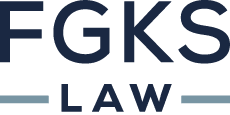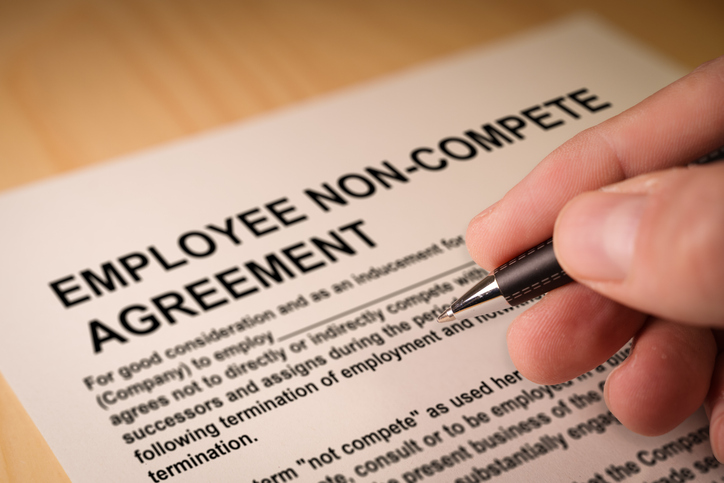Tax-Free Payments to Employees
Employers Can Provide Tax-Free Payments to Their Employees as a Result of COVID-19
While the ongoing and quickly changing COVID-19 pandemic has certainly had an effect on our economy that will be felt for some time, there is a provision found in Internal Revenue Code Section 139 that permits employers to provide some tax-free relief to their employees who might have been negatively impacted by the pandemic. On March 13th, an emergency declaration was issued by President Trump due to this pandemic. This in turn implicated the provisions of Section 139, which permit employers to make tax-free “qualified disaster relief payments” to their employees in order to better manage issues stemming from the pandemic.
Employers may now make fully deductible payments to their employees, received on a tax-free basis, so long as the payments are “qualified disaster relief payments.” A qualified disaster relief payment is defined in Section 139(b) to include payments for “reasonable and necessary personal, family, living, or funeral expenses incurred” related to COVID-19.
It is important to note, however, that this will not include payments made that are meant to replace lost wages or that are otherwise covered by insurance. So what is included? The following appear to safely meet the definition:
- Work-from-home related expenses (laptop, printer, cell phone, home disinfectant supplies, etc.)
- Medical expenses that an employee pays to meet their deductible and for other out-of-pocket expenses
- Over-the-counter medications
- Childcare expenses due to school closures
Some other things to keep in mind with these Section 139 payments. There is no stated limit or cap on how much an employer can pay to an employee. In addition, when a payment is made, employers do not need proof or documentation from the employee to support the payment. And following payment, an employer is not required to disclose the amount on the employee’s W-2, as there are currently no federal reporting requirements.
In order to properly apply Section 139 in the COVID-19 context, an employer should have a written policy documenting the parameters of the program. Employers have flexibility in drafting these policies, and such a policy may establish things such as which employees are eligible, how payments will be made to the eligible employees, what documentation is required (if any), which expenses qualify, the end date of the program, and whether there is any cap on maximum benefits paid.
If you have any questions about implementing a Section 139 policy, or any other questions about what you should be doing in light of the COVID-19 pandemic, please do not hesitate to contact one of the attorneys at FGKS Law at 937-492-1271.





